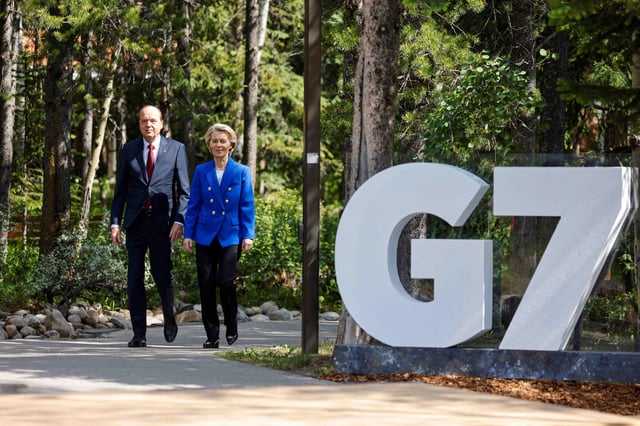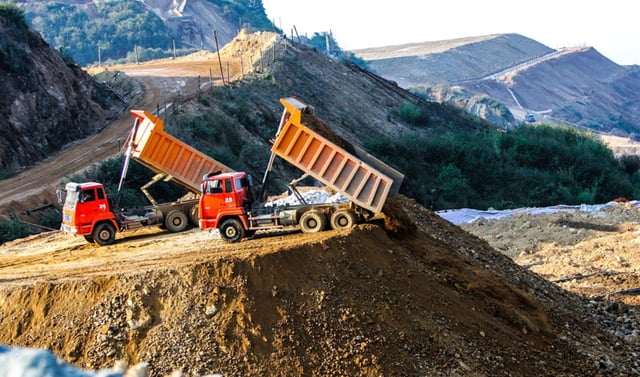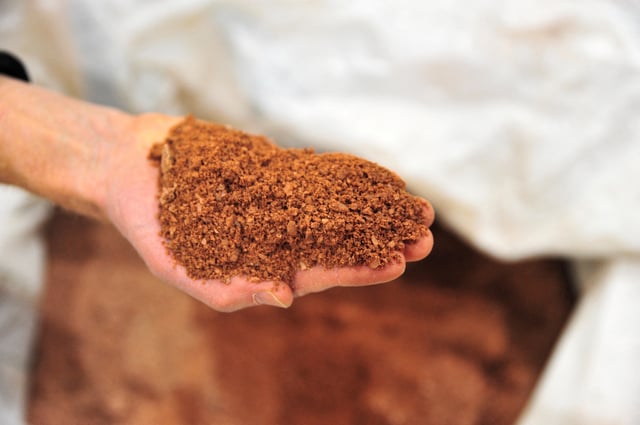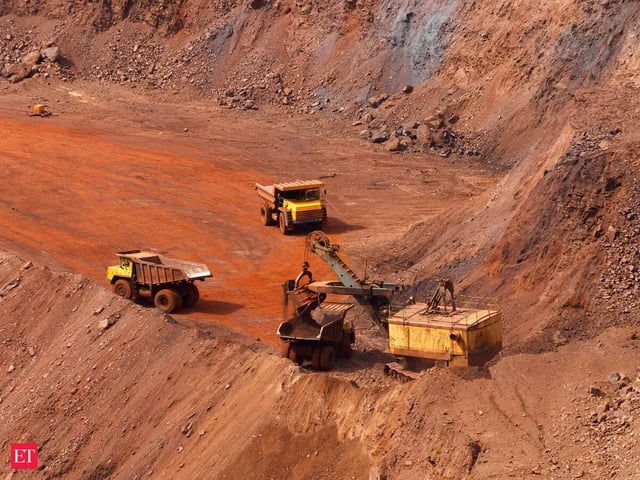Overview
- G7 leaders have provisionally approved a “critical minerals action plan” to diversify supply chains across mining, processing and manufacturing and reduce dependence on China’s rare earth monopoly.
- The draft framework emphasizes reflecting the real costs of responsible extraction, anticipating shortages and coordinating responses to deliberate market disruptions.
- EU Commission President Ursula von der Leyen and President Trump both condemned China’s restrictions on magnets and rare earths, although the G7 text only refers obliquely to “non-market practices.”
- India’s heavy industries minister H D Kumaraswamy chaired inter-ministerial talks to fast-track domestic rare earth magnet production and explore alternative supplies from Australia, Argentina, Brazil and Chile.
- Despite issuing some export licences, China still controls over 90% of global rare earth processing capacity, preserving significant leverage amid ongoing trade tensions.



